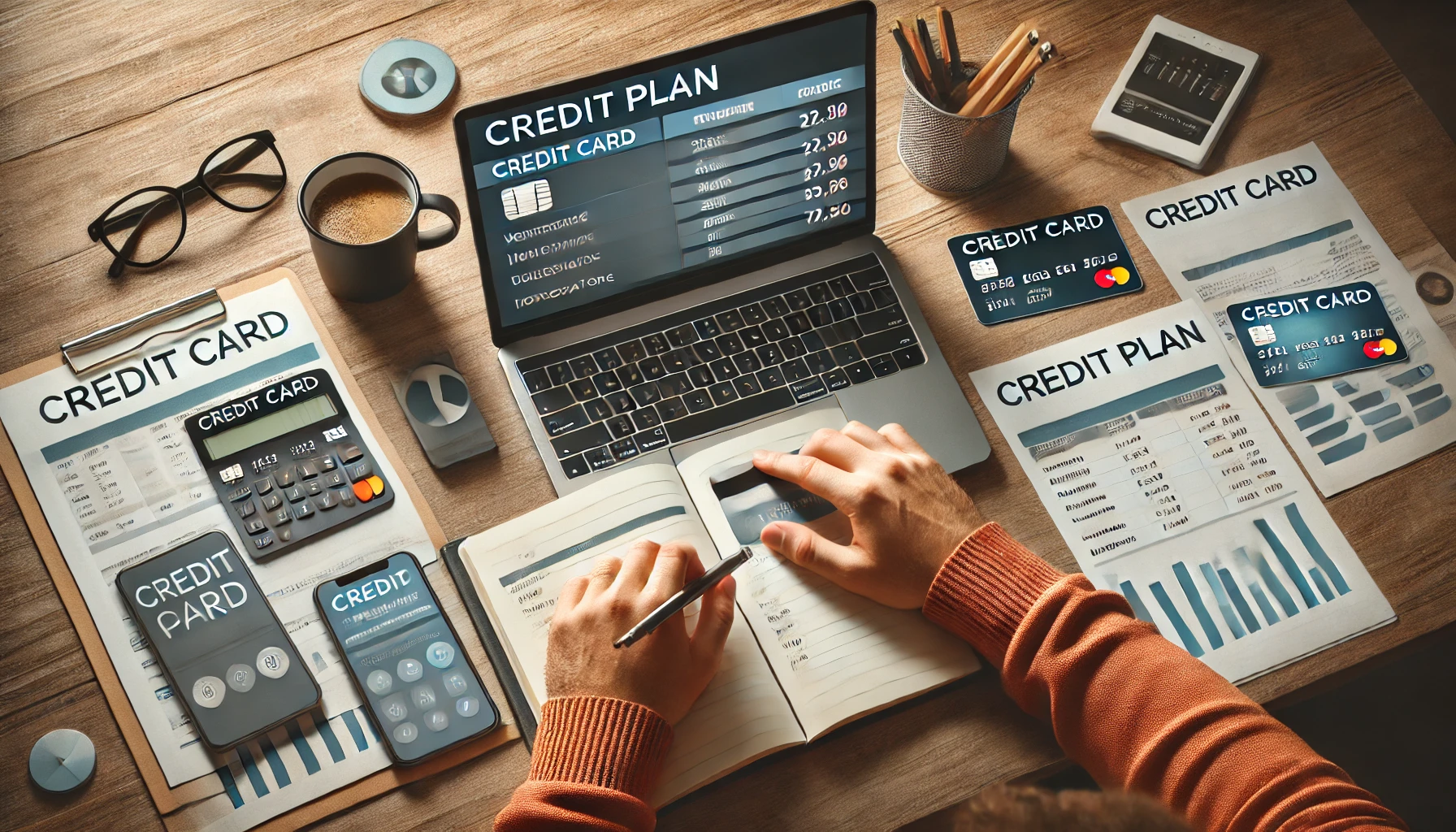Credit cards can be powerful tools when used wisely. They offer convenience, rewards, and protection for purchases. But they can also lead to high-interest debt, late fees, and financial stress if misused.
The key is learning how to use a credit card strategically—not emotionally.
In this article, you’ll learn how to take advantage of credit card benefits while avoiding the common traps that lead to debt.
Understand What a Credit Card Really Is
A credit card is not free money—it’s a short-term loan.
When you swipe your card, the bank is lending you money. If you don’t pay it back in full by the due date, you pay interest (often 20% or more annually).
So the first rule is: only use your card for things you can already afford.
Always Pay the Full Balance Each Month
If you carry a balance, interest charges start adding up fast.
To stay out of debt:
- Pay the full statement balance (not just the minimum)
- Set up auto-pay if possible
- Use reminders to never miss a due date
Avoid paying “just a little” this month—it creates a snowball of debt.
Know Your Billing Cycle and Due Date
Each credit card has a billing cycle (usually 30 days) and a due date.
If you pay your full balance by the due date, you won’t pay interest.
Use this to your advantage—make purchases early in the cycle to get more time to pay.
Tip: Some cards let you choose your due date. Pick one that aligns with your paycheck.
Use It Like a Debit Card
A simple trick: treat your credit card like a debit card with benefits.
Before buying something, ask:
- “Do I already have the money in my checking account?”
- “Would I buy this if I were paying cash?”
If the answer is yes, go ahead. If not, pause.
Keep Your Credit Utilization Low
Utilization = how much of your credit limit you’re using.
To protect your credit score, keep it below 30%—and ideally under 10%.
Example:
- Limit: $1,000
- Try not to carry more than $300 at any time
- Paying weekly can help keep balances low
Use Rewards—But Don’t Chase Them
Credit cards often offer cashback, travel points, or other perks.
Great! But don’t fall into the trap of spending more just to “earn” rewards.
Tip: Use your card only for planned expenses (groceries, gas, bills) that are already in your budget. Then pay it off in full and enjoy the perks—without paying interest.
Avoid These Common Credit Card Traps
- Impulse purchases (especially online)
- Cash advances (they come with extra fees and high interest)
- Opening too many cards too fast
- Ignoring your statements (always review them for errors or fraud)
A little awareness goes a long way.
Check Your Balance Weekly
Log into your app once a week to:
- Review spending
- Make early payments
- Catch any suspicious charges
Don’t wait for the statement—stay proactive.
Have a Plan for Emergencies (Besides Your Card)
Your credit card shouldn’t be your emergency fund.
Save $500–$1,000 in a separate account for true emergencies. That way, you won’t have to go into debt if something unexpected happens.
Final Thought: Credit Cards Are Tools—Not Trouble
Used the right way, a credit card can help build your credit score, earn rewards, and make life easier.
But only if you stay in control.
Use it like cash. Pay it off every month. Track your usage. And never swipe without a plan.
Financial freedom isn’t about avoiding credit—it’s about using it wisely.
